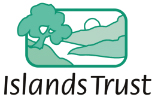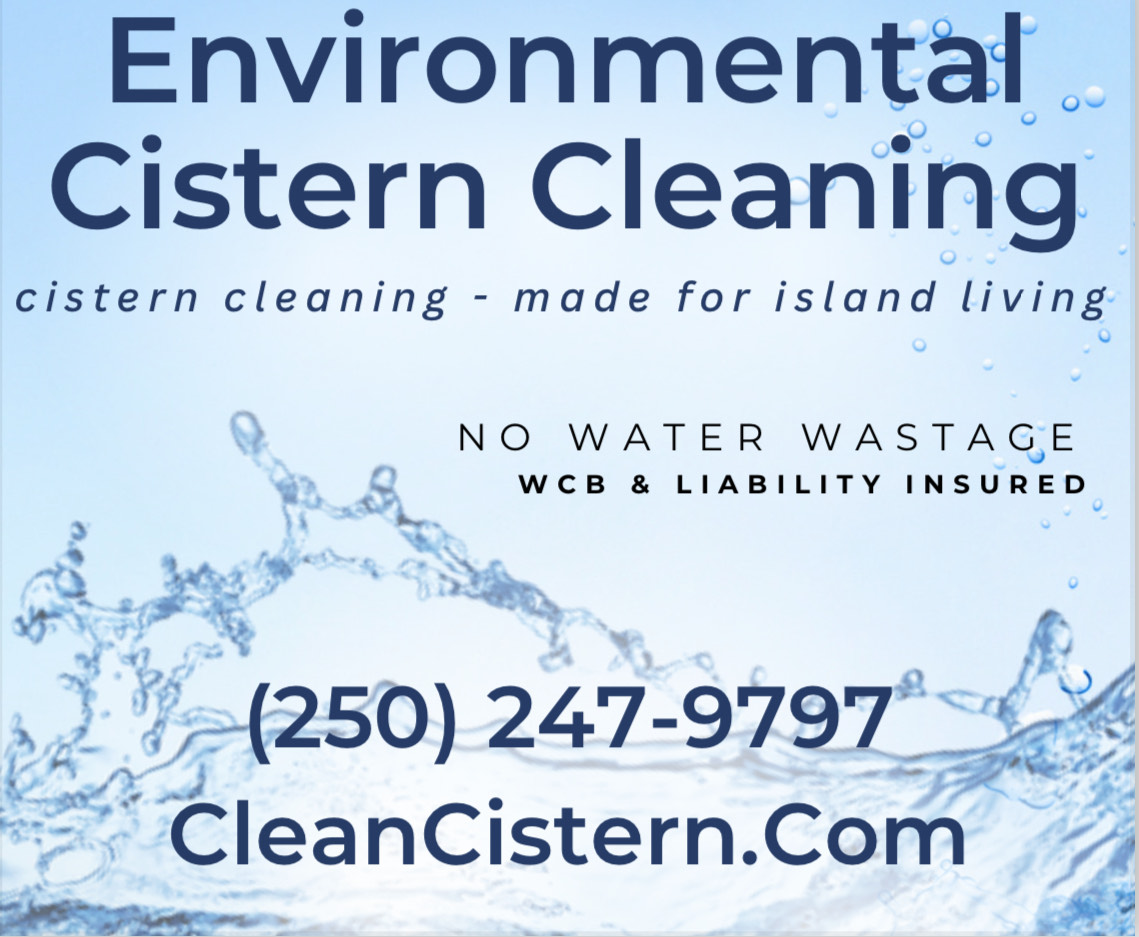Sounder News
Gabriola Trustee Scott Colbourne, along with Saturna Trustee Paul Brent have made a Request For Decision (RFD), asking the Islands Trust Council request the Lieutenant Governor in Council for the Province of British Columbia to conduct a review of the Islands Trust’s mandate, governance and structure.
The RFD was approved by the Trust Executive Committee on June 8 at their regular meeting, and will be forwarded to Trust Council for deliberation during the next Trust Council meeting which will take place between June 21 and 23.
In their Request, the two Trustees state:
“This request for a review is this Trust Council’s opportunity to live up to the mandate of the Trust, in all the ways we have defined it: To acknowledge we need help to take clear, community supported actions that allow these special places and communities to be resilient and true to their shared histories, and it is the responsibility of this Council, with what we’ve learned over these past three years, to ask for that help.
“This Trust Council, like its predecessors, has taken steps. It conducted a Governance Review in 2021 that is focused on the internal governance and operations of the Trust. This Request For Decision (RFD) does not replace nor ignore the findings of this recent review. This RFD expects Trust Council to continue to address the findings of the report to improve its governance and operations, as has been done for multiple terms.
“It is illuminating to read, for example, the descriptions of the process to develop the Trust Policy Statement in the early 1990s. They read as if they were written today. In a report titled “British Columbia’s Islands Trust on the Local Government Continuum: Administrative Agency or Local Self-Government?” (David Keith Jones, 1994, Simon Fraser University), problems with the government structure identified in the 1990 public forums included: “The divisions of responsibilities between the Trust and the regional districts;” “the weakness of the representation and accountability of the Trust bureaucracy to islanders;” and the Islands Trust’s “lack of authority and capacity to coordinate other agencies in important policy areas.”
“In this same 1994 report, it says, “The Trust Policy Statement ignited a great deal of criticism of the Islands Trust. The criticism was based on the perception that the Islands Trust was placing too much emphasis on conservation and not enough emphasis on people.”
“Here we are in 2022 still receiving similar criticism from the public and locked in disagreement at the Trust Council table as noted in the Governance Review report (2022). Meanwhile, the environment, social and economic conditions in the islands of the Trust Area are being impacted more than ever from the construction and renovation of houses in an overheated real estate market and by climate change, at a time when commitments to Reconciliation with First Nations are being better understood.
“In other words, the challenges we face in the islands in the Trust are only becoming more complex. They involve multiple organizations, several levels of government and First Nations to be working together to make the best decisions.
“Progress is best achieved through continuous learning and adaptation. In two years’ time, the Islands Trust Act will be 50 years old. It is time for the Province to take a leadership role and conduct a public and comprehensive review with: An assessment of the optimum governance model to preserve and protect the Trust area pursuant to the Province’s vision for the future of the Trust area; the object of the Islands Trust Act and clarification of the mandate of the organization; the governance structure of the organization; the alignment of decision-making processes and structures with the Declaration on the Rights of Indigenous Peoples Act; the geographic scope of the organization and in particular authority over marine areas; and the funding mechanisms provided to the organization in light of a clarified mandate.”
Trustees Brent and Colbourne also ask that the letter outline the scope of the review to include, but not be limited to: a) An assessment of the optimum governance model to preserve and protect the Trust area pursuant to the Province’s vision for the future of the Trust area; b) The object of the Islands Trust Act and clarification of the mandate of the organization; c) The governance structure of the organization; d) The alignment of decision-making processes and structures with the Declaration on the Rights of Indigenous Peoples Act; e) The geographic scope of the organization and in particular authority over marine areas; f) The funding mechanisms provided to the organization in light of a clarified mandate.
Russ Hotsenpiller, Chief Administrative Officer for the Islands Trust states, “Notwithstanding the subject matter associated with this RFD, this is the second appeal to the Lieutenant Governor under S 8(2) e, of the Islands Trust Act in recent months. The other request was associated with a Housing Equity and Workforce Shortage Crisis RFD in December 2021 that has been referred to Regional Planning Committee.
“Staff’s understanding of this clause is that it is a formal avenue for Trust Council to ‘have a say’ with regard to carrying out the object of the Trust. For instance, it is a means for Trust Council to i) request of Cabinet some specific action or recommendations to further the Trust, or ii) to voice an opinion on an issue that impacts the object. It ensures that Trust Council has a voice with the Province with regard to Trust matters. It is perhaps less a means to request that the Province ‘do something’ or determine a course of action on behalf of the Trust. While this may be a distinction without a difference, writing to the Minister would likely satisfy Trust Council’s interest in the proposed work.”





Recent Comments